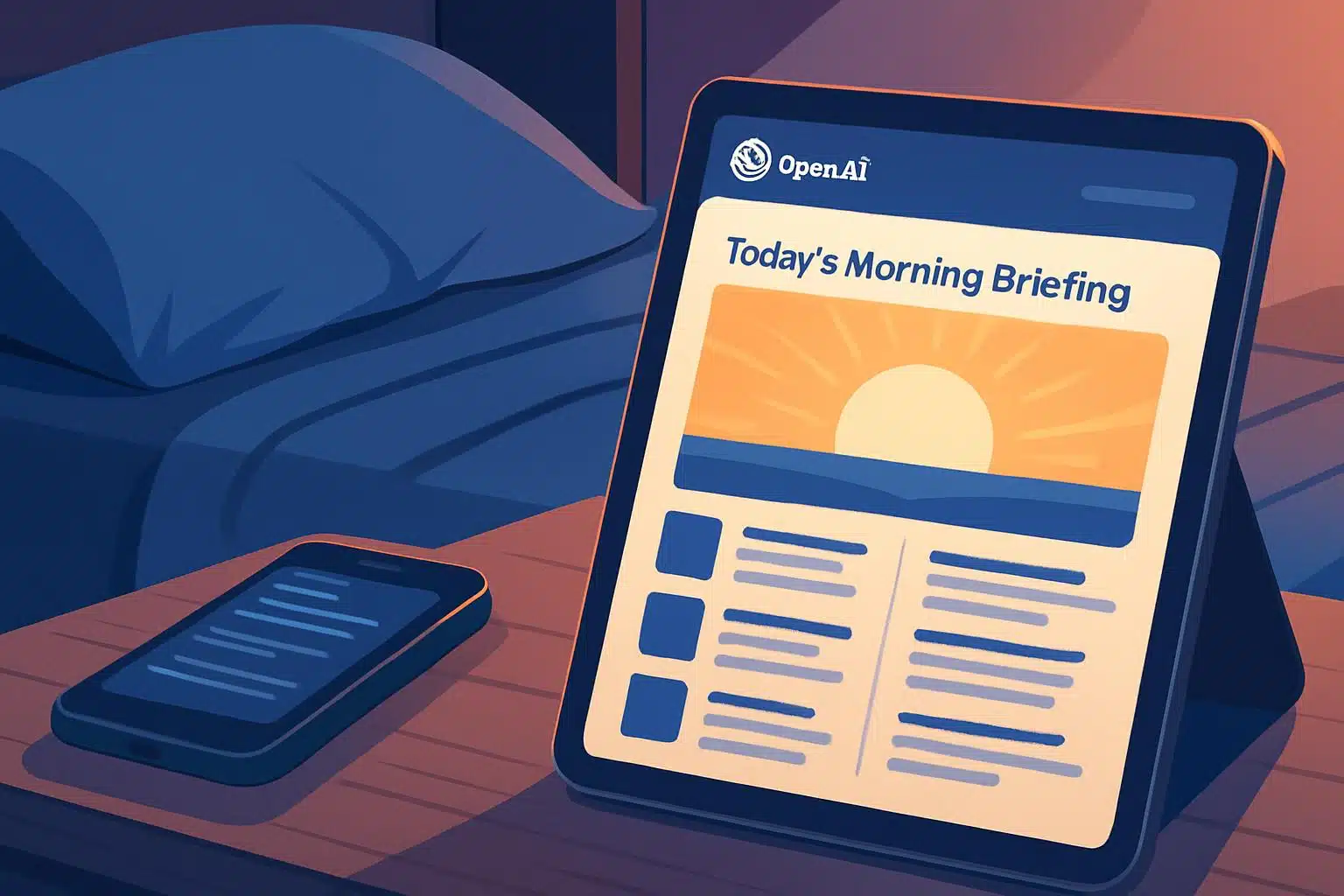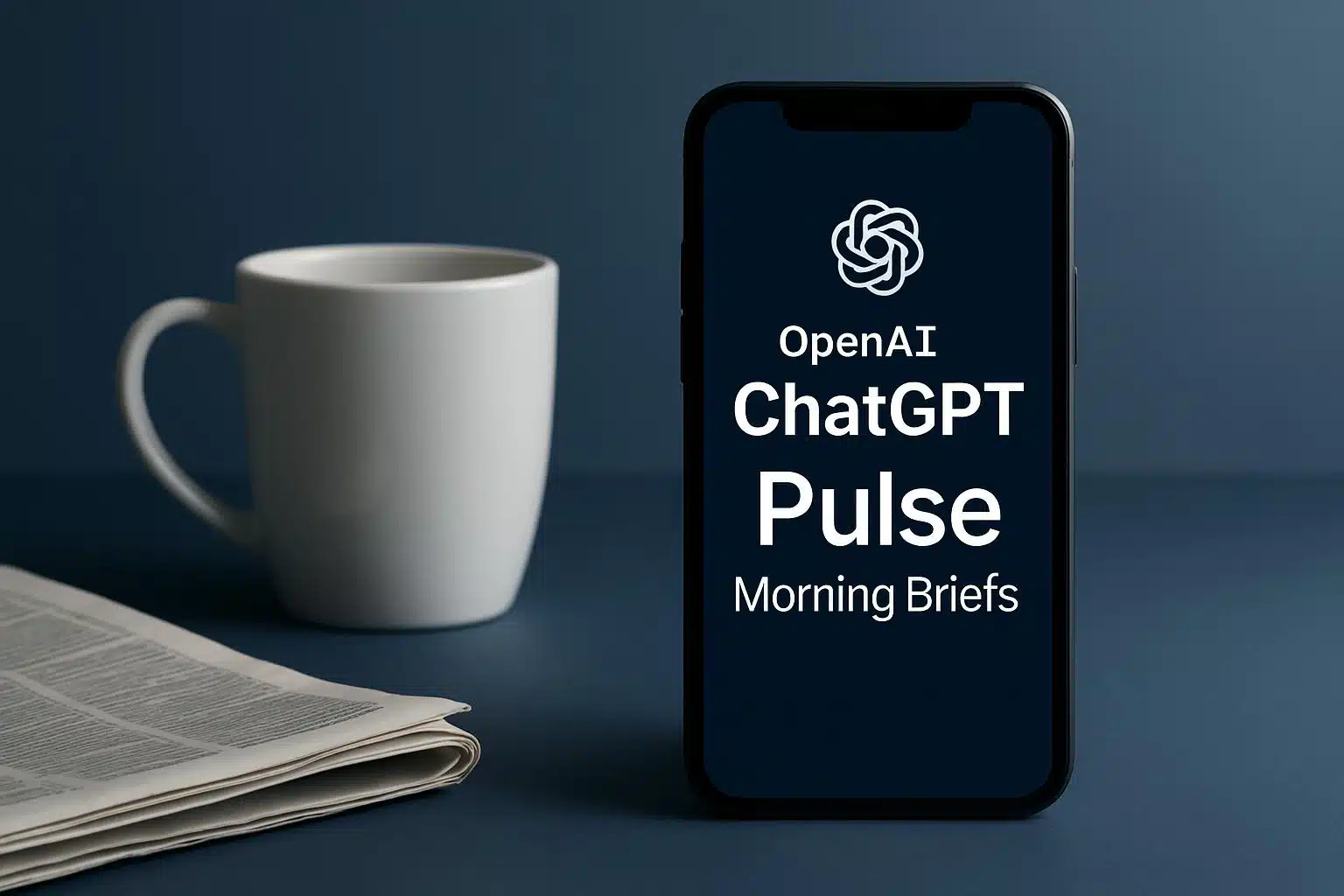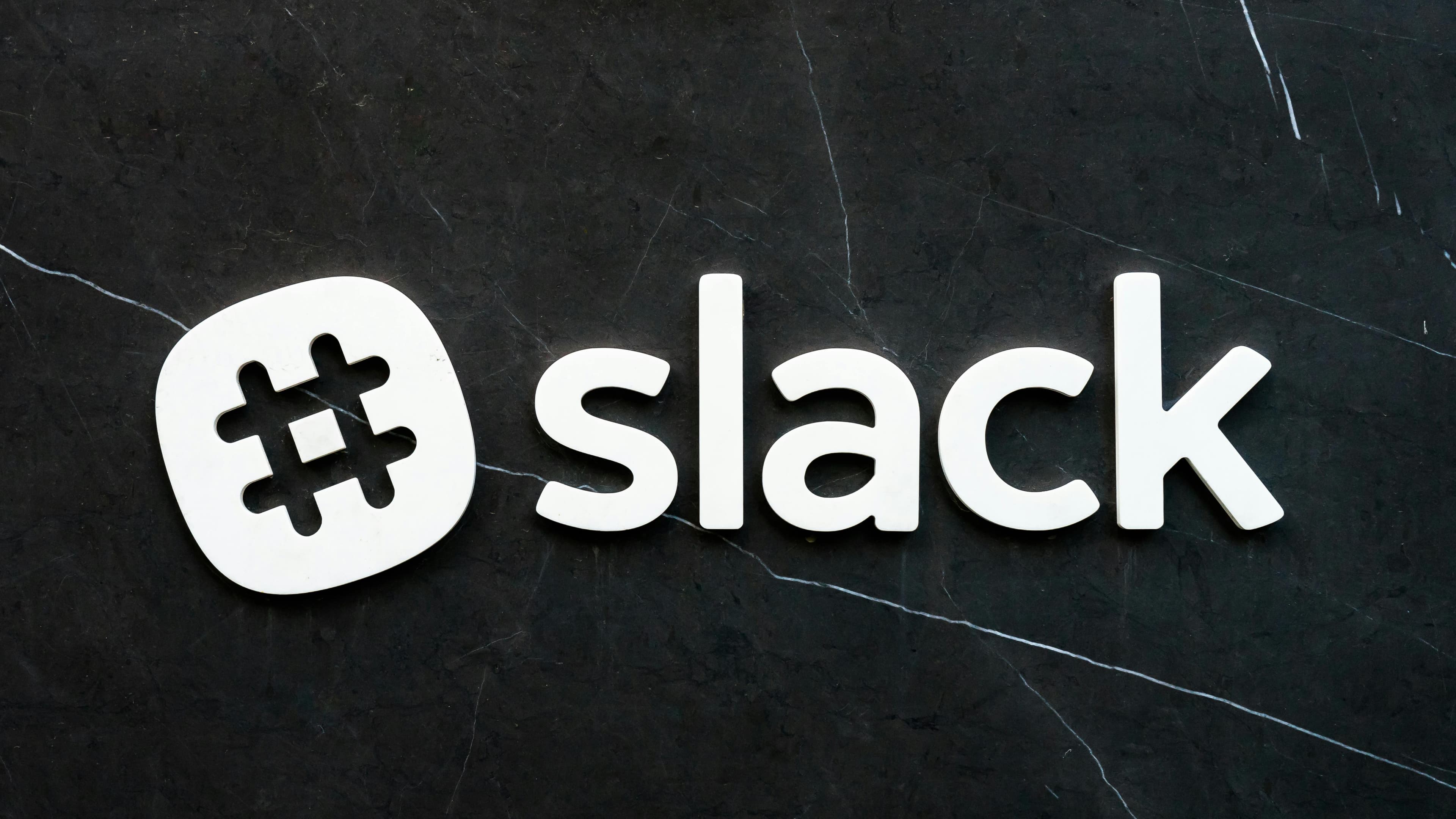OpenAI has unveiled ChatGPT Pulse, a proactive assistant that compiles personalized morning briefings as you sleep. Rather than waiting for nudges, Pulse gathers five to 10 briefings across your schedule, email snippets, and topic‑based news that are a morning check to start your day.
A Move From Chatbot to Assistant Marks OpenAI’s Shift
Pulse highlights OpenAI’s shift to asynchronous, agent‑like behavior, in which AI proactively works on your behalf by offering value before you ask for it. OpenAI’s applications lead Fidji Simo positioned the move as extending concierge‑style support to a larger population, with Pulse serving as an early example of that project in action.
The service shows up as a new tab in the ChatGPT app for those customers who are eligible. Each brief is served as a visual card with a summary and a toggle to expand for full context, after which you can continue the conversation in ChatGPT to dive into specifics, ask follow‑up questions, or order new briefs.
What Pulse Actually Does for Your Morning Briefs
On the content side, Pulse can create roundups on stories that you pick — company earnings reports, a favorite sports team, or an emerging policy issue — and it can deliver personalized briefings that show what’s on your calendar and in your inbox. This assumes it has sources for news coverage like ChatGPT Search does — a key aspect of transparency and verification.
Crucially, Pulse is not designed to keep going. A finite number of updates are allowed to accumulate through the feed; it wraps with a fixed ending, rather than supporting endless scrolling like most other social apps. The result is a structured, daily sampler rather than a firehose.
Memory and Connectors: Customize It to Your Needs
Pulse can connect with ChatGPT’s Connectors — available across a range of services like Google’s Calendar and Gmail tools — to aggregate upcoming events, extract high‑priority messages, and suggest actionable items. With ChatGPT’s state features turned on, it can take into account preferences and previous chats in order to customize results.
Examples that OpenAI’s personalization lead Christina Wadsworth Kaplan gave included, say, building a London vacation itinerary with jogging routes for an enthusiastic runner or recommending pescatarian‑friendly menu options when planning dinner reservations that are already on the calendar. Users may request more automated reports or offer feedback so that Pulse learns what to surface and what to bypass.
Availability, Pricing and Compute Realities
Pulse will be available initially to the service’s Pro subscription at $200 per month, which straddles the compute power and storage needed for overnight retrieval, synthesis, and personalization. OpenAI leadership has indicated the most compute‑intensive capabilities will roll out to the pricier tiers before launching widely. The company is scaling up infrastructure capacity with partners like Oracle and SoftBank to meet the demand.

The idea is to eventually expose Pulse to more users and apps as it becomes more efficient. On the inside, compute cost for Pulse can vary a lot. The question is not only how much deep web research and cross‑document synthesis is needed for a full body or an update, but also what is evergreen based on known context and connected applets.
Why Morning Briefs Matter for News and Productivity
Morning digests are the site of a competitive battle. Pulse’s blend of news aggregation and personal productivity puts it in the company of options like Apple News and paid newsletters, as well as enterprise trappings that promise to summarize inboxes or calendars. It is this habit that the Reuters Institute recorded in a study showing how news catch‑up on mobile devices tends to cluster around morning routines; Pulse is one place where that routine intersects with personal logistics.
For knowledge work, impact could be significant. McKinsey has calculated that a quarter or more of an employee’s workweek is consumed by collecting and processing information. By pre‑triaging messages, drafting agendas, and anchoring links to sources, Pulse hopes to save time right when people decide what matters for the day.
Curation Over Clicks Emphasizes Information Value
OpenAI stresses that Pulse is intended for informational purposes, not to maximize engagement. There are reasons for both: Cap the Feed and Explicit Cue to Finish were intentional design choices. For users, the proof will be in whether these briefs are consistently accurate and balanced between points of view, and if they are useful without being another inbox.
What Comes Next for Agentic Assistants and Trust
Longer term, OpenAI imagines more agentic behavior: translating a prompt into an action such as writing emails for sign‑off, scheduling meetings, or making restaurant reservations.
That will entail continued progress in reliability, permissions, and user trust. This is a waypoint to move ChatGPT from responsive chat to being a daily operating system for knowledge — beginning with your morning wake‑up.







